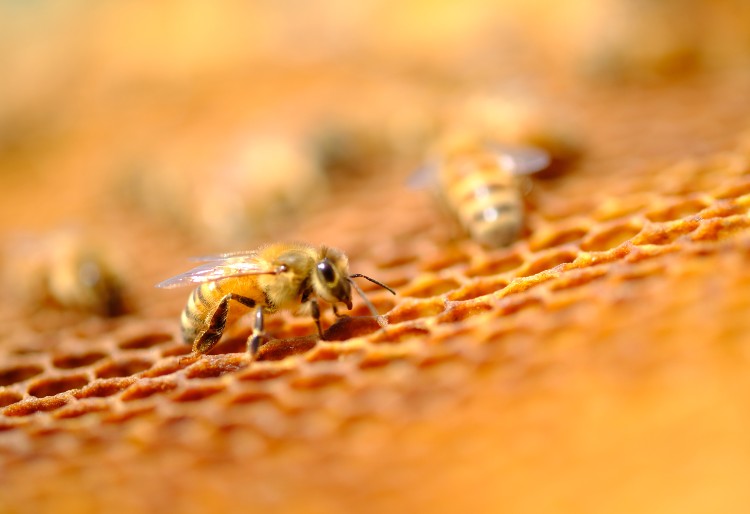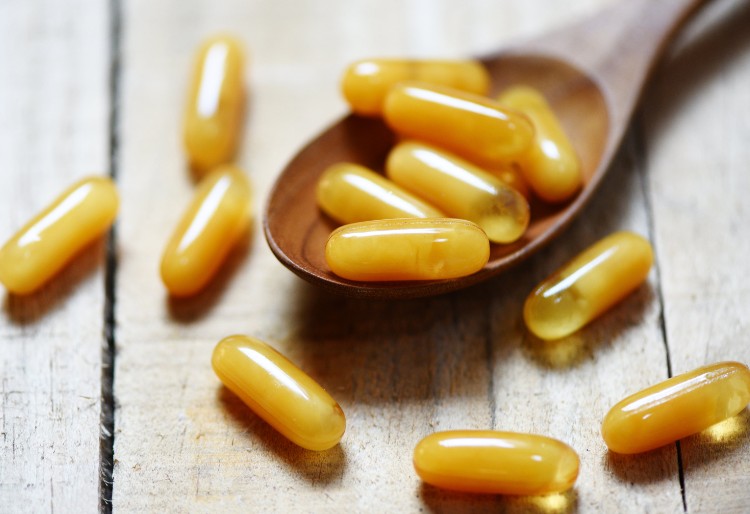Properties of royal jelly
The properties of royal jelly make it an ideal food supplement to help you live a healthy life. It is particularly notable for its minerals and vitamins.
TRIED AND TESTED
Share

Royal jelly is a substance secreted by young worker bees. This yellowish liquid is used to feed the queen bee and the larvae during their early stages of life. Due to its composition, it is a unique food supplement with powerful therapeutic effects. Although it can be taken all year round, royal jelly is great during seasonal changes, but especially in the colder months of winter.
Nutritional composition of royal jelly
Royal jelly is made up of 60% water. The rest of its composition consists of sugars, especially glucose and fructose, proteins and fat. It contains thiamine and riboflavin, as well as natural antibiotics, albumin and amino acids such as arginine, serine or glycine.
Benefits of taking royal jelly
- It brings you energy: contributing to increasing vitality.
- It boosts your spirits: royal jelly contains tryptophan, which is essential for the production of melatonin, the happiness hormone. That is why it is recommended in situations of fatigue or exhaustion.
- It prevents infections: the 10-hydroxydecanoic acid (CDH) it contains is very beneficial because of its antibiotic properties that prevent infections.
- Immune protection: Stimulates the production of cells that protect our body.

How do I take royal jelly?
Royal jelly is usually found fresh or freeze-dried in vials or in tablets. To reap all its benefits, it is recommended to take a dose of royal jelly in the morning on an empty stomach, put it under the tongue and let it dissolve in the case of fresh royal jelly.
Contraindications of royal jelly
Although it is not common, there are some instances in which it may not be advisable to consume royal jelly or in which you should consult your doctor before taking it, ensuring that the recommended dose is followed.






